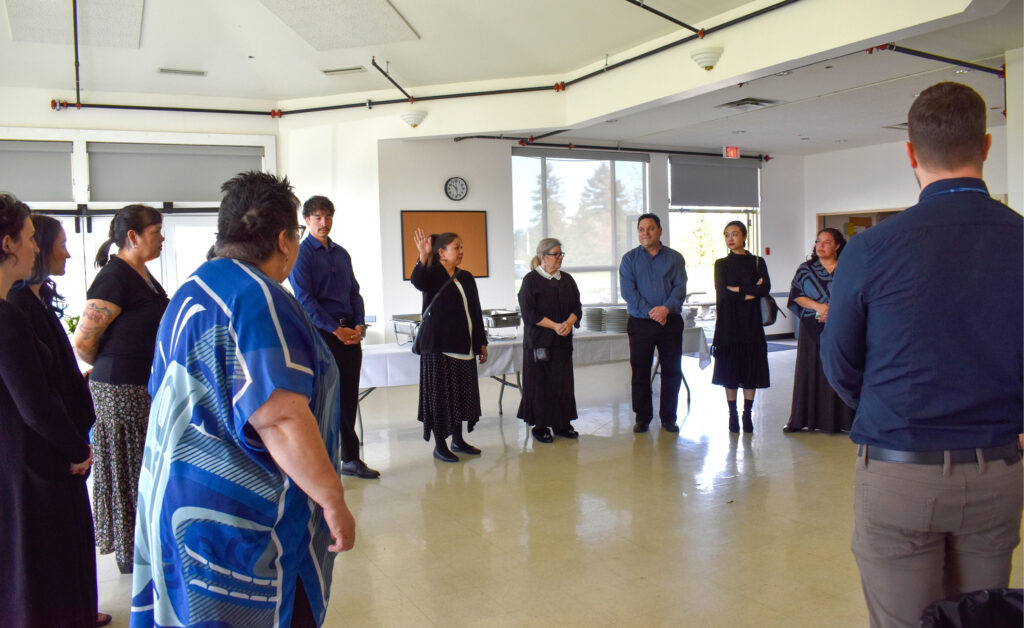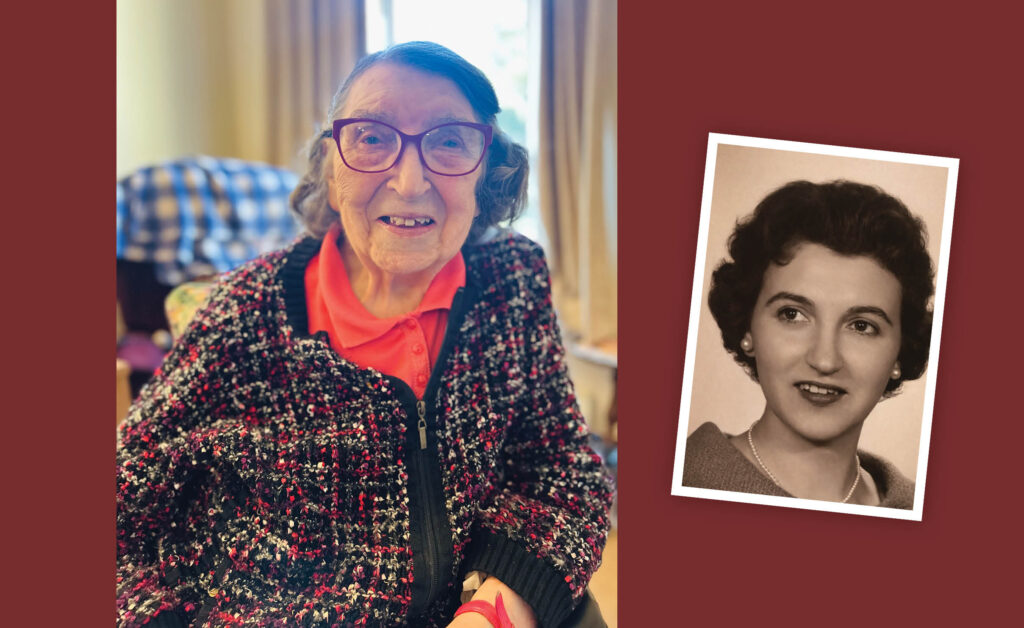Words Ashley Morris
Photo NIȽ TU,O Child & Family Services Society
NIȽ TU,O Child and Family Services Society (“NIȽ TU,O”) is bringing additional SENĆOŦEN language into everyday operations, creating an even safer and more culturally grounded environment to serve the children and families of SĆIȺNEW̱, Pauquachin, Tsartlip, Songhees, Tsawout, Tseycum and T’Sou-ke.
Originally founded in 1997 in response to the overrepresentation of Indigenous youth in the colonial foster care system, NIȽ TU,O works to keep Indigenous children and families together through holistic, culturally safe programming and support services.
While NIȽ TU,O is a “delegated Aboriginal agency” acting under the colonial Child, Family, and Community Service Act, it has continuously modeled decolonial practices by centering the SNEPENEḴ (teachings) of the SELW ȺN (Elders) in offerings and services, keeping Indigenous children in community whenever possible, and prioritizing the cultural and spiritual needs of every person served.
NIȽ TU,O’s name – a SENĆOŦEN word for “in the beginning” – marks this commitment to resuming traditional care models to the greatest extent possible.
NIȽ TU,O is taking the important step of bringing SENĆOŦEN words into its everyday work. As a starting point, NIȽ TU,O uses the following words:
1) QENT,ÁLE – the SENĆOŦEN word for “look after container” – in place of the English phrase “care kit.”
2) TESNEUEL– the SENĆOŦEN word for “coming together” or “reaching a destination together” – in place of the English phrase “meet and greet.”
3) ₭EŚENTEL– the SENĆOŦEN word for “walking together (in a good supportive way)” – in place of the English title “Social Worker.”
4) ŚTEṈISTEL – the SENĆOŦEN word for “walking forward together” – in place of the English title “Family Support Worker.”
The use of these words allows NIȽ TU,O staff to communicate nuanced, culturally-grounded concepts in a way that is not possible in English. “₭EŚENTEL,” for example, conveys a sense of collective care that is critical in Coast Salish tradition yet not captured by the English word “social worker.” As Knowledge Holder TELTÁLEMOT shared:
₭EŚENTEL means to walk together. It’s plural, so it could be a group of people. But it doesn’t mean just walking together. It could be standing together, supporting one another to make a positive outcome for your situation that you’re involved in. It doesn’t mean that situation is a negative one, it could be the start of a fresh path.
The use of these SENĆOŦEN words not only creates a safer space for NIȽ TU,O’s clients and staff, but also supports NIȽ TU,O’s ongoing initiatives to revitalize traditional languages. To learn more about NIȽ TU,O’s language revitalization work, visit the “Speak” page of the NIȽ TU,O website.
NIȽ TU,O looks forward to continuing to create the safest space possible for Coast Salish families to heal and grow. To stay up to date on all of NIȽ TU,O’s work providing culturally appropriate support for Coast Salish children and families, be sure to sign up for the NIȽ TU,O newsletter at www.niltuo.ca/newsletter.




